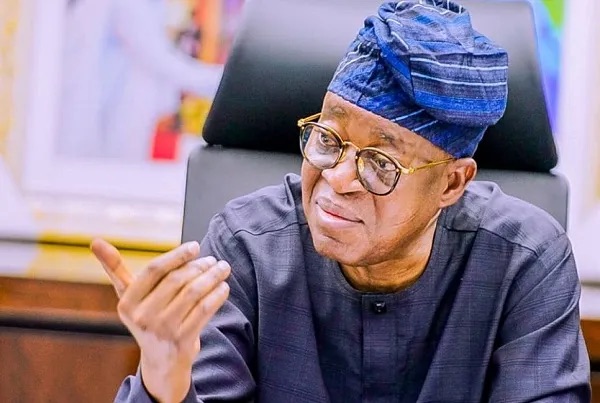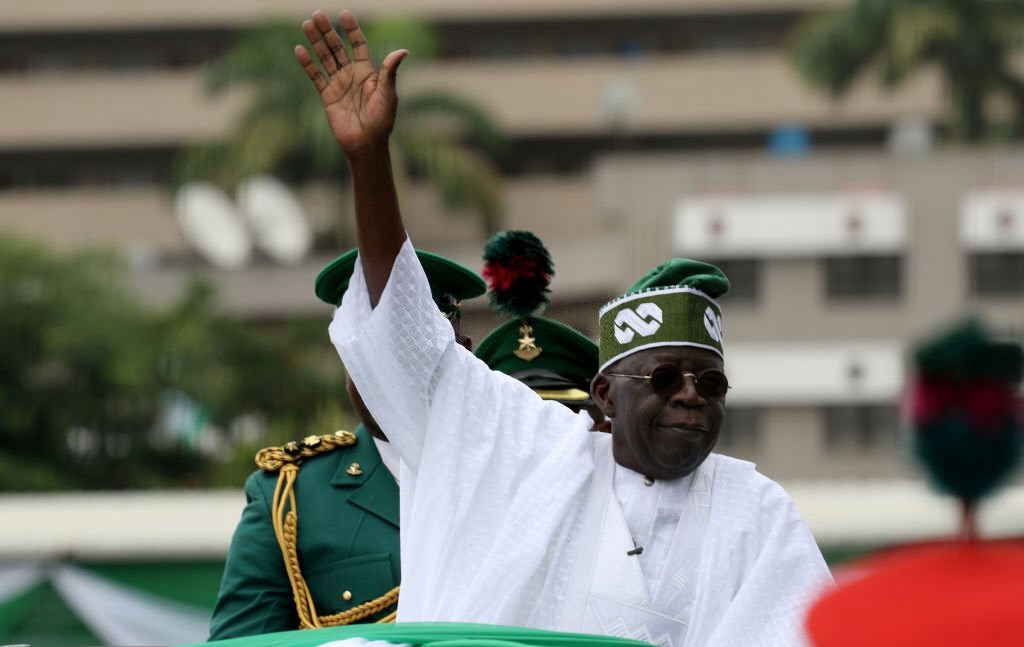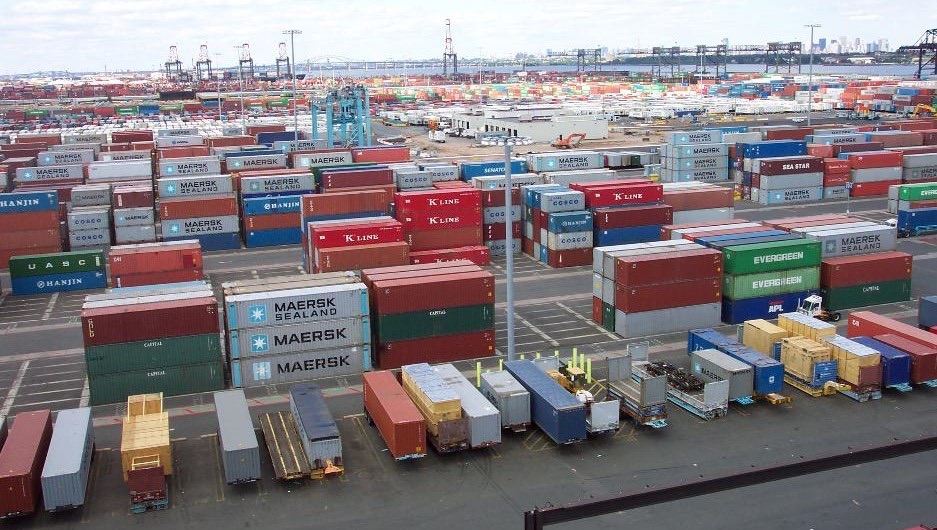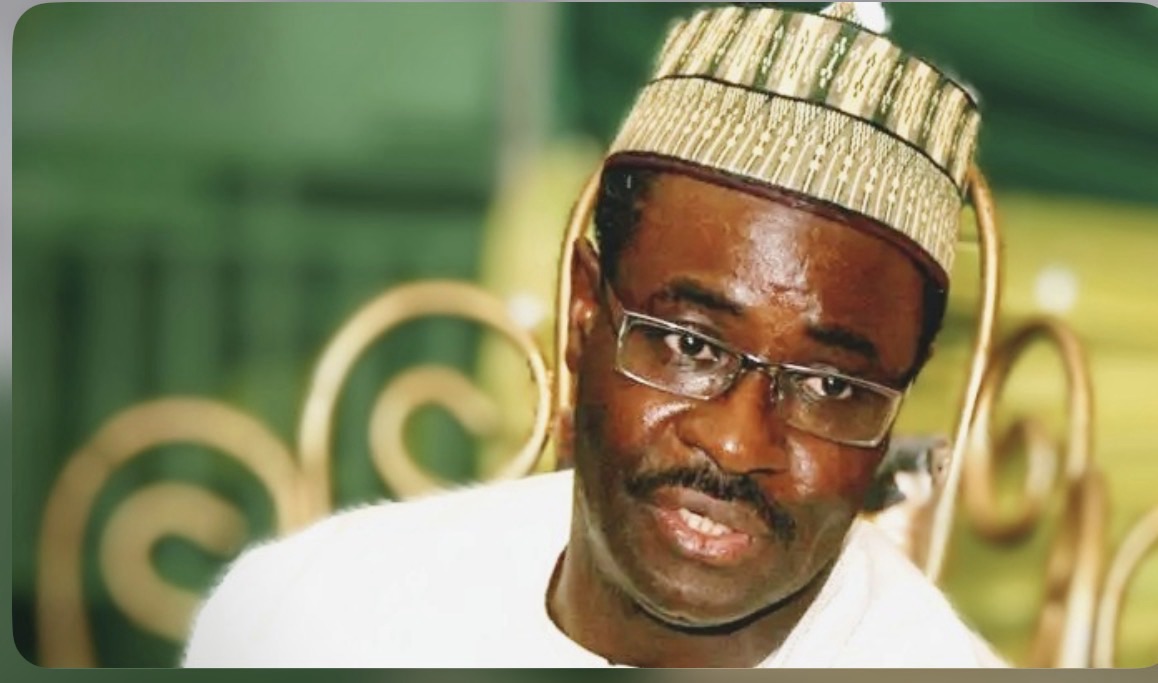
Nigeria at 65: X-raying maritime sector’s progress, challenges
Nigeria’s maritime sector is central to trade, revenue generation and global economic engagement. The sector stands as both a testament to the economic ambitions and a mirror of its enduring challenges in the past 65 years, ADAKU ONYENUCHEYA reports.
As Nigeria marks its 65th independence anniversary today, the celebration underscores the collective need to harness economic opportunities, including the maritime sector.
After decades of neglect, Nigeria’s maritime industry gained renewed recognition in 2023 with the creation of a dedicated Ministry of Marine and Blue Economy. The ministry was established to unlock the sector’s full potential and help drive President Bola Tinubu’s $1 trillion gross domestic product (GDP) target.
The sector has recorded some progress, including the launch of the 10-Year National Policy on Marine and Blue Economy (2025–2034), deployment of the Deep Blue Project, which has significantly reduced piracy in Nigerian waters, and the completion of a new deep seaport.
However, vast opportunities remain untapped. These include the modernisation of seaports and inland waterways, support for indigenous shipping lines, expansion of fisheries and aquaculture and development of terminals and eco-tourism infrastructure. Others are investment in marine biotechnology and renewable energy, maritime capacity building and increased vessel ownership.
Despite the huge prospects, the journey since 1960 has been far from smooth. Aging infrastructure, policy inconsistencies and bureaucratic bottlenecks continue to constrain efficiency.
Port congestion, high cargo dwell times and multiple taxation drive up shipping costs, leaving Nigerian ports less competitive than neighbouring hubs such as Cotonou, Tema and Lome.
Achieved milestones
Despite challenges, the sector has made progress over the years, playing a crucial role in the country’s economic growth as a major importer and then exporter of goods.
The Minister of Marine and Blue Economy, Adegboyega Oyetola, described the country’s marine and blue economy as “a new frontier of innovation, prosperity and inclusive growth,” highlighting the sector’s potential to transform the economic landscape.
Oyetola said Nigeria has made measurable strides both at home and abroad by adopting policies that promote sustainable practices, investing in modern port facilities and strengthening regional frameworks for security and trade.
Internationally, he noted, the Federal Government has been an active participant in global maritime dialogues, contributing to the formulation of policies that ensure the responsible and equitable use of the oceans.
“Our vision is to harness these possibilities to make the sector a leading contributor to Nigeria’s economy, reducing our dependence on oil and gas and driving diversification in line with national priorities. We are determined to realise this vision through consistent effort, bold reforms, and sustained collaboration,” Oyetola said.
The minister pointed to the ministry’s record of discipline and results, recalling that in the first quarter of 2025, the Central Results Delivery Coordination Unit (CRDCU) awarded the ministry a performance score of 96 per cent, while in 2024, the Presidential Enabling Business Environment Council (PEBEC) named it the best-performing ministry in the country.
The achievements, he said, demonstrate the government’s capacity to deliver. But scaling up will require unlocking far greater resources, he said.
Oyetola also celebrated Nigeria’s three-year piracy-free record in the Gulf of Guinea, attributing the milestone to sustained investments in the Deep Blue Project, a multi-agency security initiative.
He added that the ongoing rehabilitation and modernisation of Lagos ports are designed to attract larger vessels, reduce turnaround times and create thousands of jobs, with similar upgrades planned across the country.
null
Also speaking, the President of the Merchant Seafarers Association of USA Inc. and Nigeria, Prof. Alfred Oniye, described the country’s maritime sector as a strategic pillar of national development.
He cited key achievements, including the creation of the Ministry of Marine and Blue Economy, which he called a landmark move to consolidate maritime governance, promote sustainable ocean resource use and drive economic diversification.
Oniye highlighted the significant reduction in piracy across the Gulf of Guinea and the launch of the Lekki Deep Seaport, Nigeria’s first fully automated port capable of handling ultra-large vessels and boosting regional trade competitiveness.
Unaddressed challenges
Despite notable progress, several persistent challenges continue to threaten the full potential of Nigeria’s maritime sector. Key concerns include outdated infrastructure, inadequate automation to transform ports into smart hubs, poor intermodal transport connectivity, weak policy implementation and limited financing mechanisms to boost local participation.
While the government and its agencies tout the drive to secure funds for the modernisation of Apapa and Tin Can Island ports as an achievement, rehabilitation work is yet to commence.
The dilapidated state of the ports poses safety risks to workers and vessels, discouraging shipping lines and eroding confidence. Similar neglect afflicts the Eastern ports – Onne, Calabar and Rivers – as well as river ports across the country, stalling balanced regional growth.
A lack of port modernisation and persistent delays in cargo clearance have pushed importers and shippers to patronise neighbouring ports in Cotonou, Tema, and Lomé, further weakening Nigeria’s competitiveness.
Efforts to empower indigenous participation remain stalled despite presidential directives for the immediate disbursement of the Cabotage Vessel Financing Fund (CVFF) to qualified Nigerian shipowners.
Although the 2003 Cabotage Act was designed to strengthen local operators in coastal trade, foreign dominance persists. The long-delayed release of the $700 million CVFF underscores the gap between policy intent and execution, with shipowners repeatedly calling for fairer financing, fleet renewal incentives and a level playing field.
Nigeria also lacks a strong national shipping fleet and the capacity to compete on global trade lanes, as the long-envisioned National Flag Carrier remains unrealised.
Also, with a significant decline in piracy, vessels bound for Nigerian ports continue to pay War Risk Insurance (WRI) premiums, raising concerns about why the country is still billed for risks that no longer exist.
Industry data shows that Nigeria-bound cargoes pay an estimated $400 billion annually to Lloyd’s of London P&I clubs and other international insurers.
For decades, piracy and sea robbery earned the Gulf of Guinea the reputation of “world piracy hotspot”. However, joint patrols, the deployment of the Deep Blue Project’s C4I centre and regional cooperation under the Yaoundé Code of Conduct have led to a dramatic drop in attacks.
Tags:
No tags
Related Posts
Loading...



